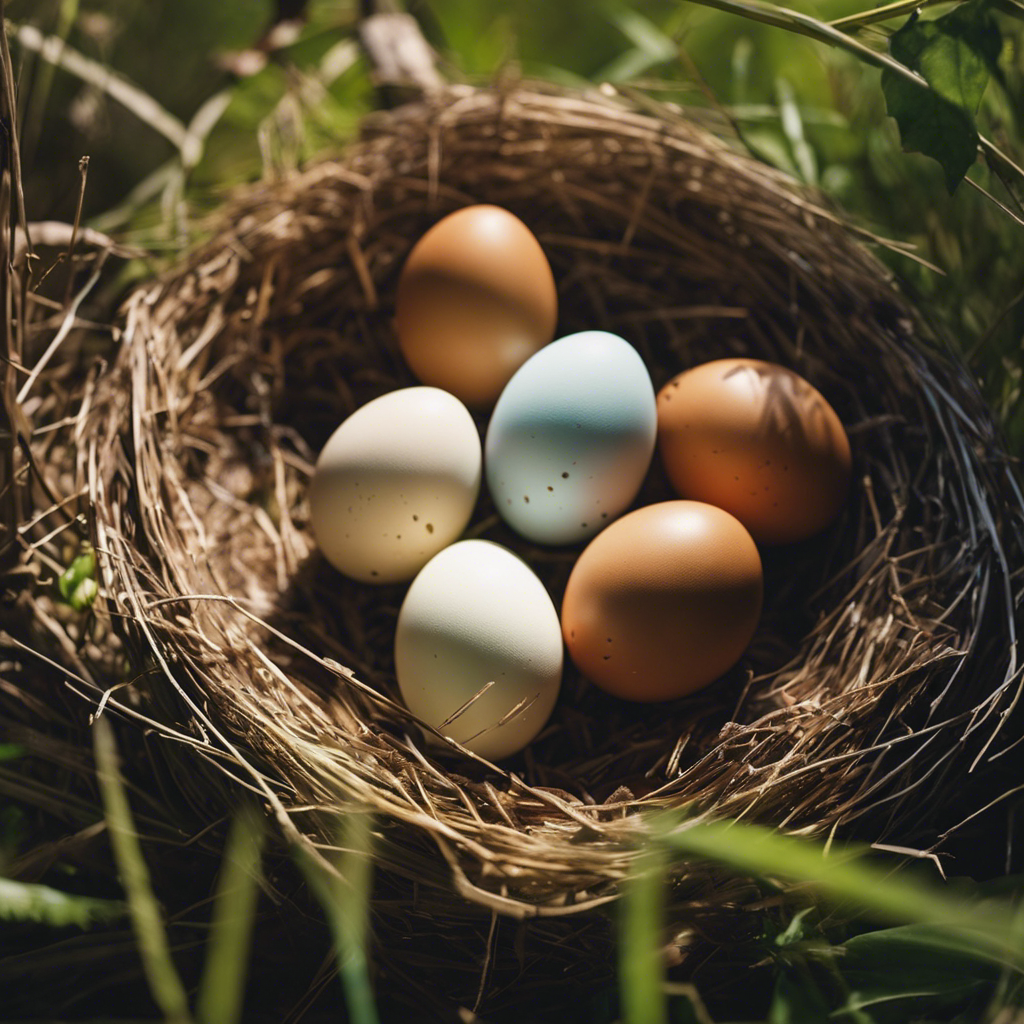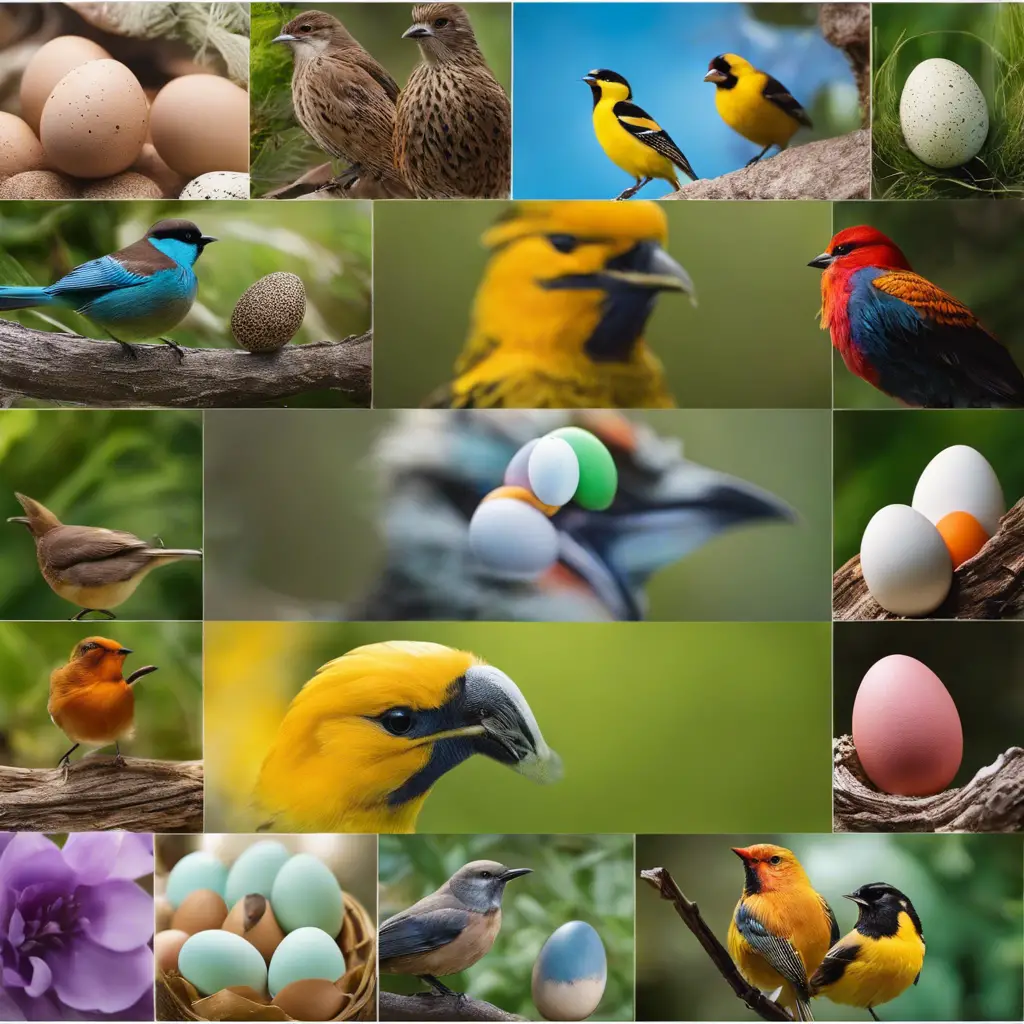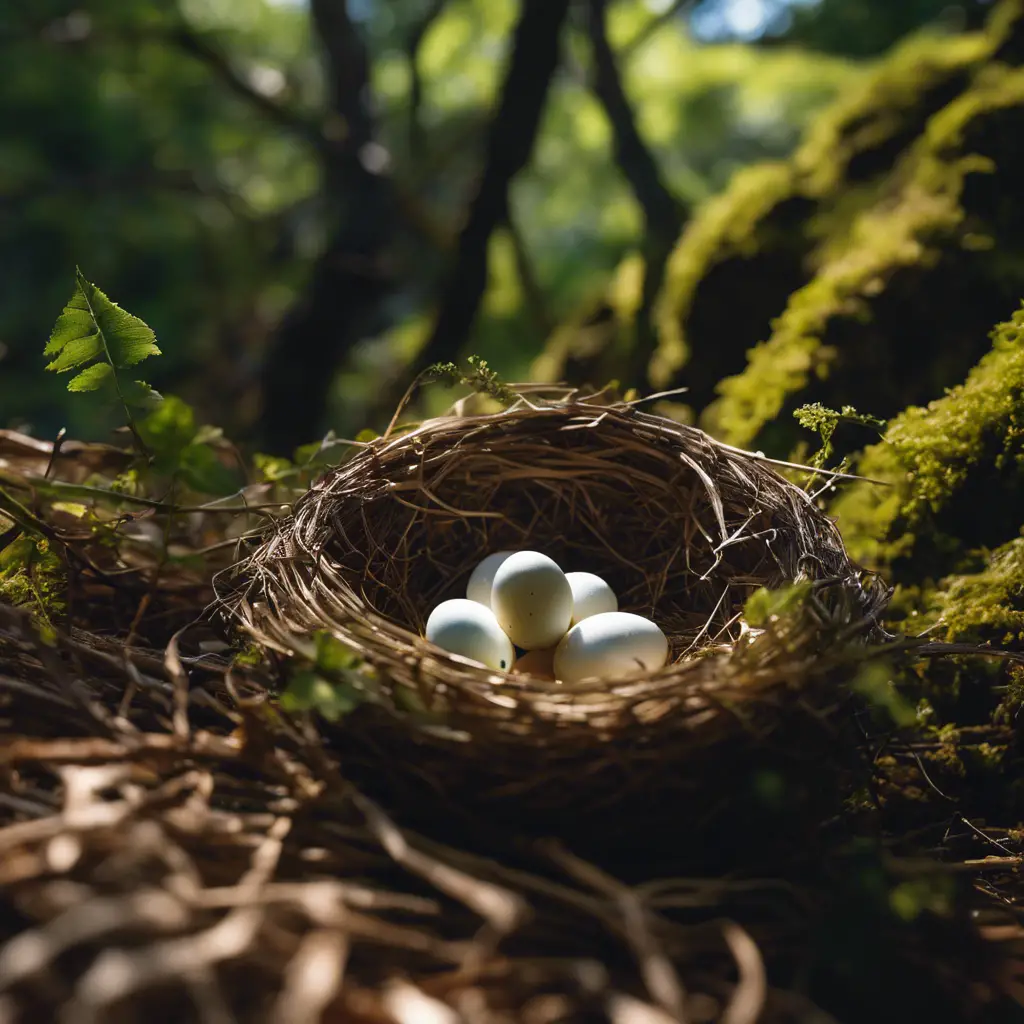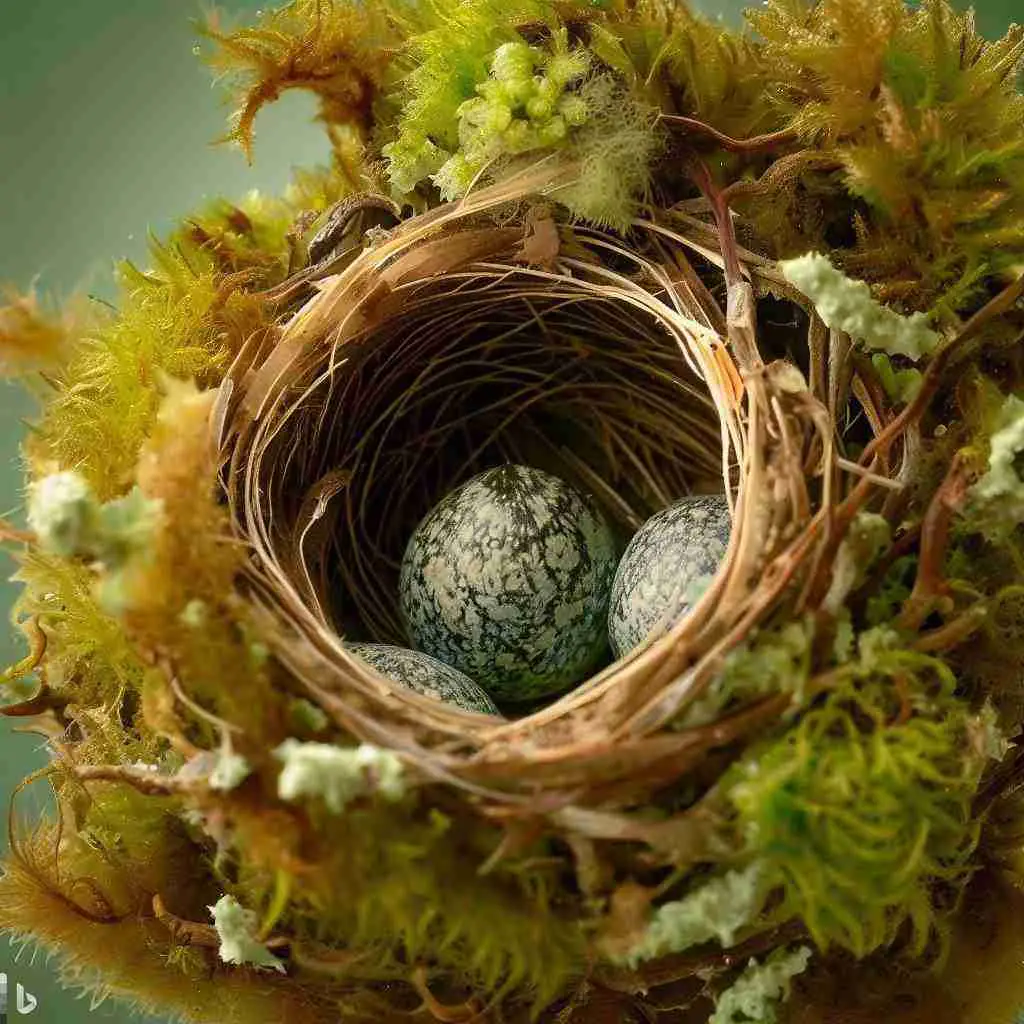Throughout my experience as an ornithologist, I’ve marveled at the egg-laying marvels of the avian world. Whether observing the common sparrow’s humble clutch or the albatross’s solitary precious egg, I believe each encounter has deepened my understanding of nature’s complexities.
My expertise allows me to appreciate the subtlest of details, from the speckled patterns adorning a tiny egg to the robust shell of an eagle’s offspring. These moments connect me to the heart of avian life, unfolding secrets of survival and adaptation that continue to inspire my research and passion.
Key Takeaways
- All female birds lay eggs, which are vital for the continuation of their lineage.
- Egg-laying variations among bird species include differences in frequency, timing, nesting habits, and egg appearance.
- Birds exhibit a range of nesting behaviors and egg care strategies, with some species showing shared responsibilities between males and females.
- There are exceptions to the norm of egg-laying, such as male birds taking a central role in incubation or birds practicing brood parasitism.
Bird Reproduction Essentials

Understanding the basics of bird reproduction is key, as all female birds across various species lay eggs, a process vital for the continuation of their lineage. Birds reproduce by laying eggs, which vary in number, color, shape, and markings.
The reproductive organs of birds are adapted to produce and lay an egg, which, if fertilized, will develop into a chick. The frequency of laying, eggs per clutch, and nest construction are species-specific. For instance, some species may lay a single egg, while others lay a clutch of eggs.
Egg incubation is crucial as birds rely on the warmth of incubating eggs, often using body heat, for the development of the embryo within the fertilized egg. The intricacies of this process are essential to the survival of bird species.
Egg-Laying Variations Among Birds

While every female bird lays eggs, the patterns and practices of their egg-laying are as diverse as the species themselves. Birds reproduce by laying eggs, yet the frequency and seasonal timing of laying can vary significantly among species. Some birds lay their eggs daily, while others may only lay during certain seasons.
Nesting habits also show great variation, with birds choosing a range of sites from trees to ground or nest boxes. Additionally, the eggs laid by female birds exhibit a spectrum of sizes, colors, and markings. These traits often correlate with their nesting environment—more colorful eggs tend to be laid in open areas, whereas plainer eggs are typical in concealed nests.
Egg-laying variations among birds highlight the complexity and adaptability of avian reproduction.
Nesting Behaviors and Egg Care

Exploring beyond the varied patterns of egg-laying among birds, it’s equally important to consider their complex nesting behaviors and the meticulous care they provide to ensure the successful incubation and hatching of their eggs. Birds generally exhibit an array of nesting behaviors and egg care strategies that are specifically adapted to their environments and reproductive needs.
- Nest Construction:
- Some bird species construct elaborate nests in trees or shrubs, while others may use a simple nest box.
- Certain birds lay eggs in scrapes on the ground, relying on camouflage.
- Penguins lay their eggs on ice, transferring them to males for careful incubation.
Egg laying frequency and clutch size vary significantly among bird species. Birds can lay eggs ranging from daily in captivity to seasonally in the wild. Males and females often share responsibilities, but in some species, such as penguins, males primarily care for their offspring. Unfertilized eggs, while not yielding offspring, still receive attention until recognized as nonviable.
Exceptions to Egg-Laying Norms

Diving into the exceptions to egg-laying norms, it’s notable that species like the emu and ostrich have males that take a central role in egg incubation. While birds do lay eggs, the specifics can differ greatly.
For instance, kiwis lay eggs that are exceptionally large relative to their body size. Megapodes, including the brush turkey, utilize geothermal heat rather than traditional nesting to incubate eggs, showcasing how eggs can vary in incubation methods.
Moreover, the cuckoo exemplifies how birds lay eggs without the typical parental care, practicing brood parasitism during the breeding season. This strategy involves laying eggs in the nests of other birds, leaving the young birds to be raised by unwitting surrogate parents.
It’s clear that reproductive strategies among birds vary greatly.
Frequently Asked Questions
Which Bird Doesn’t Lay Egg?
You’re asking about a bird that doesn’t lay eggs. Specifically, male emus and ostriches don’t lay eggs, as they lack the necessary reproductive organs. Instead, they’re often involved in egg incubation duties.
Is There Any Bird That Gives Live Birth?
You’re mistaken if you think all birds lay eggs; some, like the Madagascar Fody and Swinhoes Storm Petrel, defy expectations by giving live birth, a rare exception in avian reproduction.
Do Every Bird Lay Eggs?
Yes, you’re correct in assuming that every bird species lays eggs, as live birth is not a characteristic found in birds, with their reproductive systems exclusively designed for egg laying.
Do Any Male Birds Lay Eggs?
No, you won’t find any male birds that lay eggs. Egg-laying is exclusively a female bird’s role due to their reproductive anatomy. Males contribute by fertilizing the egg and often by helping raise the offspring.
Conclusion
In sum, you’ve seen that while all female birds lay eggs, the process is diverse. They vary in frequency, color, and care strategies. Nesting habits are equally specialized. Remember, there are rare exceptions, but generally, egg-laying is a universal trait among these avian species.
It’s a complex interplay of biology and behavior, a testament to the intricate designs of nature. Keep in mind, this reproductive marvel is a cornerstone of bird survival and biodiversity.

An avid ornithologist, zoologist and biologist with an unwavering passion for birds and wild animals.
Dr. Wilson’s journey in ornithology began in childhood and led him to obtain a Ph.D. in Ornithology from the prestigious Avian Research Institute. He has worked closely with renowned experts in the field and conducted extensive research and field studies globally.




